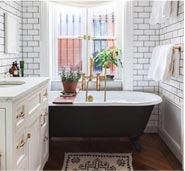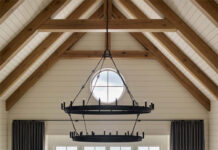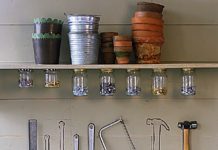The tiny house culture is soaring in popularity. Owning a small space comes with unique challenges, though. You have to think about homeowner issues that people in larger spaces won’t. One of them is indoor air quality (IAQ), which comes with special difficulties for tiny homes.
Given the multitude of indoor air pollutants, conducting indoor air quality testing can assist in pinpointing a particular source of contamination and addressing it promptly. Luckily, G3 Environmental stands as a dependable partner, poised to swiftly deliver essential services and top-notch information. Committed to achieving the highest standards, G3 Environmental assures effortless attainment of fresh and uncontaminated air.
Here’s a guide on air quality considerations for small spaces.
Tight Quarters and IAQ
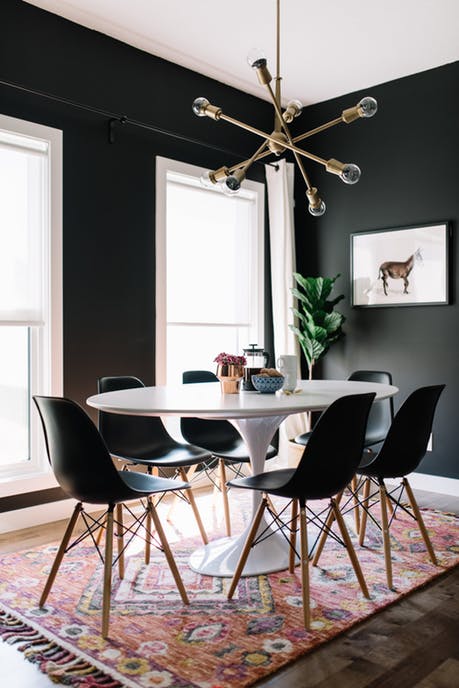
The tiny home culture isn’t just about the small homes that you see on reality television programs. One-bedroom and studio apartments, as well as dorm rooms, are tight spaces too. All of these dwellings have the same IAQ issues. The most important thing to realize is that you have less air in a small, enclosed area. When you have excessive pollutants in this space, the percentage of clean air is far too low. That’s why you must take special precautions to maintain high IAQ in a tiny home.
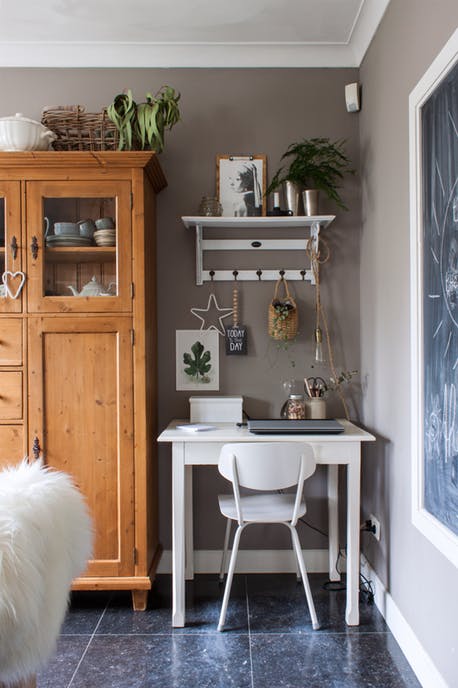
Spray for Bugs
Bug infestations are one of the worst problems in tiny homes. The husks of these creatures are so small that you may not see them, but they wind up becoming a part of the air. These pollutants can trigger allergies and even asthma attacks in some instances. While you may think of bug spray as a problem for IAQ, the reality is that getting rid of pests is critical to healthy air.
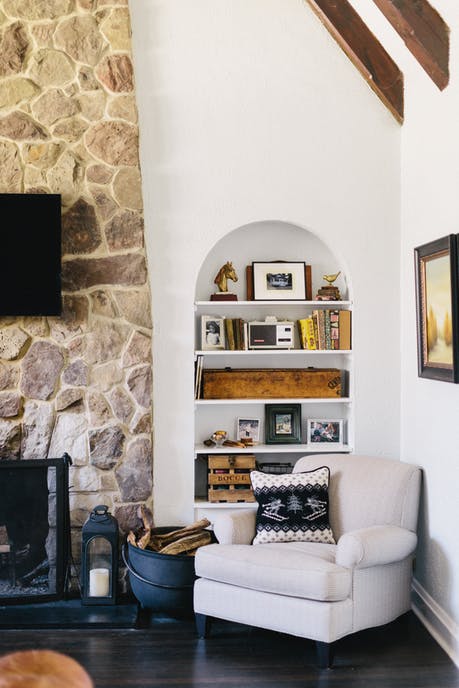
Check for Mold
Another one of the primary culprits of air pollution is mold. Dust mites, pollen, and mold are all major irritants that you don’t want floating in your HVAC ventilation system. You need to check for mold often, particularly in the areas of your living space that are most likely to get damp. That’s the attic and basement plus the baseboards of your home. If you see mold, you must sanitize the area to improve your IAQ.
You should also change air filters to lower the number of pollutants in your vents. A dirty air filter won’t stop as much gunk from getting into your vents. By replacing your air filter, you’ll trap more dust mites before they reach the vents. You may also want to buy an air filter with a higher MERV rating. These filters are even better at stopping pollutants from reaching your ventilation system. You can make a huge difference in your IAQ by spending a few more dollars on a better air filter.
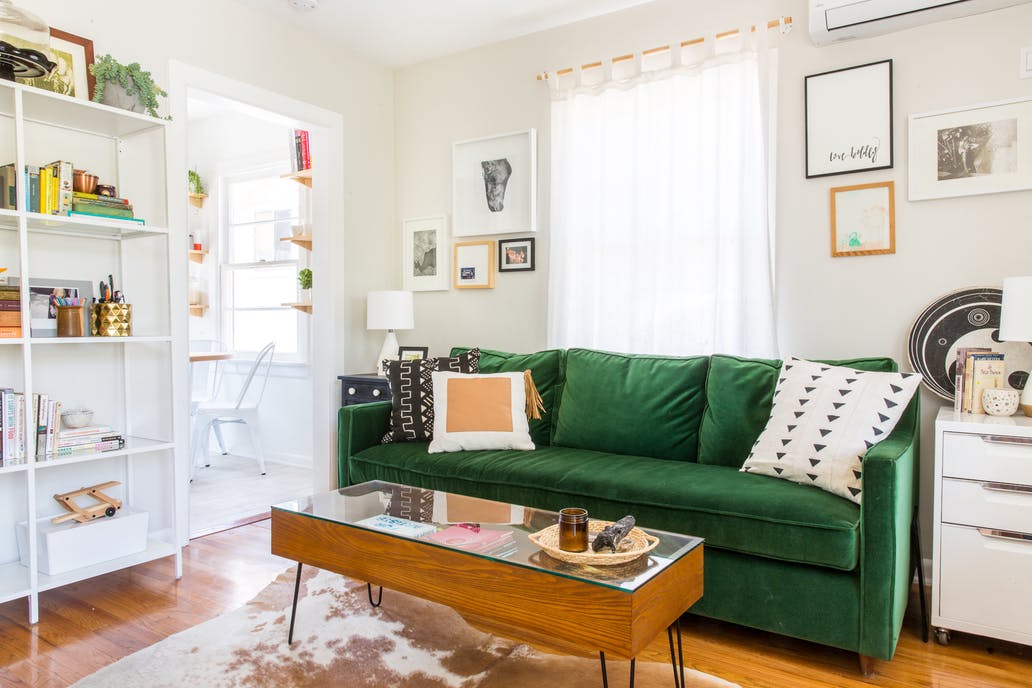
Don’t Use Air Fresheners
Air fresheners sound like they’d do wonders for your IAQ. In reality, these fragrant devices emit volatile organic compounds (VOCs) that are terrible for the air that you breathe. The same is true of candles. You may love the scent, but you’re risking your health by using them.
Instead, you should use naturally fragrant scents, like flowers, in your home. Fruits also work well, as long as you remember to replace them before they go bad. These fragrances are just as lovely, and they don’t hurt the IAQ in your home.
Living in a small place is a popular choice today. If you’re going to do so, just make sure that you follow the advice listed here. These tips will make you air more breathable.
All images via Apartment Therapy




